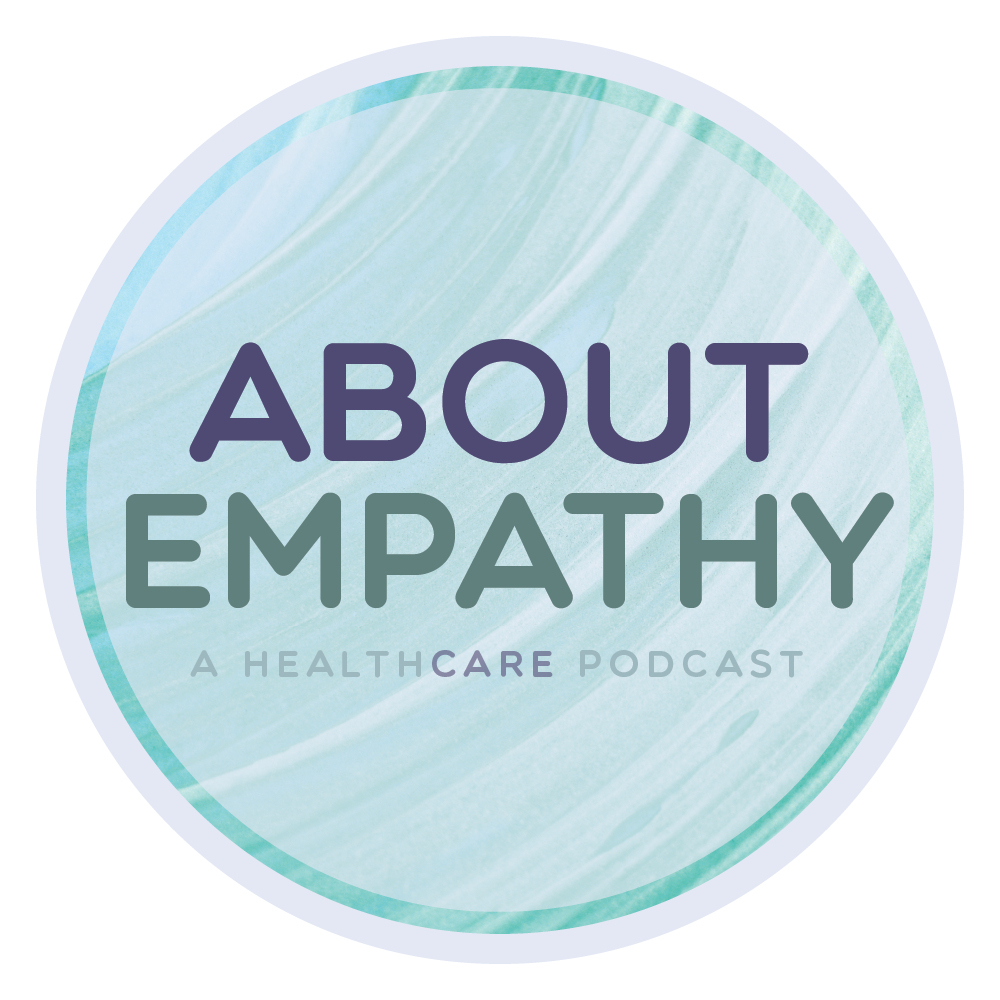Giovanna Sirianni
MD, CCFP (PC), FCFP, MScCH
Associate Professor, University of Toronto
Family Physician, Practicing Palliative Medicine, Sunnybrook Health Science Centre
Enhanced Skills Program Director & Division of Palliative Care Faculty Development Lead,
Department of Family and Community Medicine, University of Toronto
Dr. Sirianni is a family physician with a focused practice in palliative care at Sunnybrook Health Sciences Centre. She completed her Palliative Medicine training in Toronto and has a Certificate of Added Competence in this field. Dr. Sirianni has been a teacher and mentor in palliative medicine for the last 16 years. She has obtained her Masters Degree in Health Practitioner Teacher Education at the University of Toronto. In addition, she has recently been promoted to the rank of Associate Professor within the Department of Family and Community Medicine (Division of Palliative Care) at U of T.
Dori Seccareccia
MD, CCFP (PC), MCISc
Psychosocial Oncology and Palliative Care, Sunnybrook Health Science Centre and OCC
Dr. Dori Seccareccia is a retired Family Physician who practiced and taught Palliative Care for 18 years. In her last 6 years of practice, she focused her practice on providing psychosocial support to patients and their families at the Odette Cancer Centre with a focus on patients in the palliative phase of their illness and bereavement support for families.
Irene Ying
MD MHSc CCFP(PC) FRCPC
Palliative Care Physician
Temmy Latner Centre for Palliative Care, Sinai Health
Assistant Professor, Department of Family and Community Medicine, Temerty Faculty of Medicine, University of Toronto
Dr. Irene Ying is a palliative care physician at the Temmy Latner Centre for Palliative Care in Toronto. She completed her family medicine residency as well as palliative care fellowship at the University of Toronto and went on to obtain her Master of Health Science in Bioethics. She is an Assistant Professor in the Division of Palliative Care, Department of Family and Community Medicine at the University of Toronto. Her academic interests include 'shared decision-making', 'cross-cultural communication’, and ‘decision-making at end of life’.
“The goal of the podcast is to bring the stories of patients living with serious illness, the stories of their caregivers and the stories of healthcare providers to health professions learners. We hope to enable compassion and humanism in medicine through the use of narrative.”
Can a serious illness and palliative care themed podcast be used as an adjunct tool to enable empathy, compassion and humanism via the use of narrative in health professionals?
Studies in medical education have shown an “erosion of empathy” as medical training progresses, especially from the third year of medical school onward (Hojat, 2009). Interestingly, this phenomenon appears to coincide with student initiation into the clinical environment. A systematic review of the literature also supports this finding in medical residency education, suggesting that this waning in empathy amongst trainees “may threaten healthcare quality” (Neumann, 2011). The University of Toronto Faculty of Medicine has tried to address this concern by introducing multiple strategies to the curriculum, including a Portfolio course throughout the undergraduate curriculum to facilitate reflectivity in medical education.
References
Hojat M, Vergare MJ, Maxwell K, Brainhard G, Herrine SK, Isenberg GA, Veloski J, Gonnella JS. The Devil is in the Third Year: A Longitudinal Study of Erosion of Empathy in Medical School. Acad Med. 2009; 84:1182–1191.
Neumann M, Edelhauser F, Tauschel D, Fischer MR, Wirtz M, Woopen, C, Haramati A, Scheffer. Empathy Decline and its Reasons: A Systematic Review of Studies with Medical Students and Residents. Acad Med. 2011;86:996–1009.




